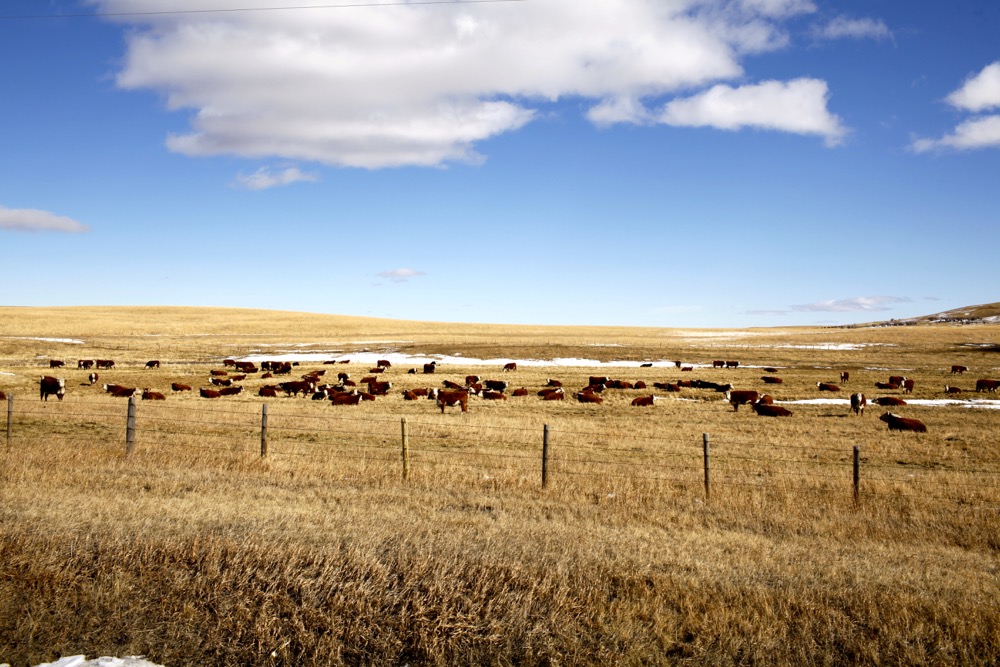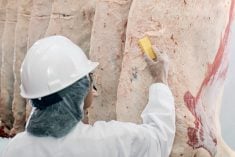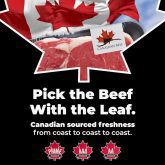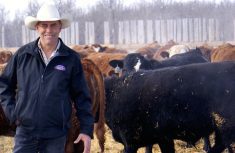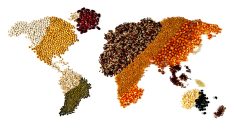Beyond the markets and the weather, American cattlemen are riveted on the presidential election more than ever before. Why? You are familiar with Hollywood movie sequels. Well, this is “The Most Important Election in Your Lifetime: Part 3.” How much can any governmental system take? The present state of the economy, the breakdown in the social fabric, in law and order and national security, means many folks are very unhappy with the status quo. Witness the ascendancy of Republican candidate Donald Trump.
So for Canadian cattlemen, this might seem like a “there but for the grace of God, go I” review. We’ll wager you are better off in Canada but let these lessons be a warning: never let this happen to your country.
Read Also

What to know before you go to Agribition 2025
If you’re attending Agribition 2025, this is the place to find out about tickets, dates and what’s happening this year.
Regulations — Under the current administration — and promised by Hillary Clinton to continue — we have suffered the biggest flood of federal regulations in history — in both volume (many thousands) and unprecedented range. Regulations to CONTROL water, air, soil and energy through our Environmental Protection Agency, plus others working with the Interior Department using the Endangered Species Act to hamper or shut down grazing, farming, energy development and hunting have threatened or destroyed many industries. Beyond that, agencies have been allowed to totally reset and redefine the boundaries of agencies pushing far beyond statutory authority.
Our Supreme Court and federal appeals court appointments are for life, nominated by the president and confirmed by the Senate. What the political left in this country has not been able to achieve with legislation, all too often leftist judges have accomplished. That has resulted in more government control over every detail of business and personal life. The next president could nominate two, three or more justices, with the power to either boost government power or begin the process of liberating society and business from governmental overreach for the next 20-30 years.
Between the developed world’s highest corporate tax rate and ridiculous over-regulation, dozens of companies have elected, through buying or merging with foreign companies, to move their headquarters out of the U.S. Tax overhaul and deregulation is the answer. Farmers and ranchers, of course, have neither the size nor scale to leave. It is also impossible to move fields and pastures to another country to avoid taxes and regs. Reform is desperately needed. And research shows reducing corporate tax rates for all-sized companies tends to directly boost wages.
The economy — Neither agriculture nor many of the average citizens believe this is a good economy or the best we can do. Some inner city minorities and millennials have already lost hope. Witness socialist candidate Bernie Sanders. Obama won the last election boasting economic data which no presidential candidate had ever overcome. Have enough Americans lost patience with the Democratic approach to managing the economy?
National security — The U.S. and Canada have more than once joined hands to fight tyranny in the world. But I believe Canada always expected the U.S. to be a major, well-prepared force with clear intent and near total commitment. It sounds clichéd but the U.S. has become a nation not trusted by her allies, not feared by her enemies and lacking the confidence of her citizens to prevail.
Trade — Agriculture depends very much on trade. Much of the economy depends on trade, yet the labour unions command political power by virtue of their organization and hefty political giving, making a formidable opponent. The left and consumer activist groups who usually feel sorry for the downtrodden, see American products and services as evil competition for poorer countries. They also oppose conventional trade agreements because they do not force our trading partners far enough in bowing to the global warming and labour union goals they espouse.
Immigration — Agriculture is caught in a quandary. Farmers and ranchers believe in law and order, which means a border that controls the influx of criminals, drugs and unregulated/unknown populations. In addition, the border ranchers are the families most affected by war-torn living conditions on their own ranches, rampant crime and outright destruction of their livelihoods. Conversely, they need labour and want a guest worker program big enough and efficiently run to supply the agricultural economy and yet uphold lawful society.
A final word about trade. Last night I read a Canadian friend of mine pronounce TPP as dead because neither American candidate favoured it. I would caution you not to be hasty. The fight for TPP ratification in Congress will be very difficult. But the next president could easily flip flop if it’s Hillary or revise his stand if it’s Trump. There isn’t space to examine those possibilities here but they are there.
But in America, we have a congressional session held after the November election and before the new president takes office — the lame-duck session. Members of Congress who have not been re-elected have the opportunity to vote their conscience on what’s good for the country long-term without election consequences. Yes, I know they are supposed to do that all the time. But they are politicians. The point is that proponents of free trade and TPP will make every effort to get TPP considered during the lame-duck session, when they can be assured President Obama will sign it. It is a viable possibility. Stay tuned.

